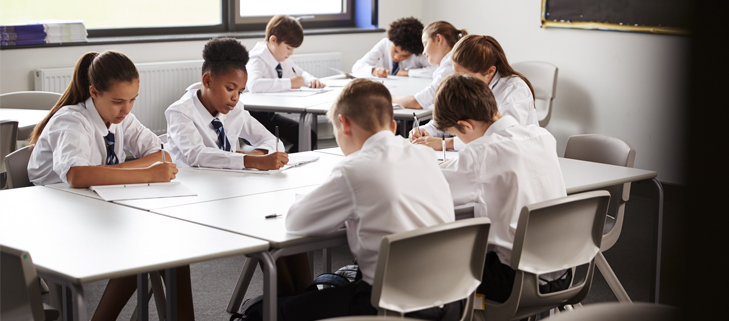Girls are more than twice as likely as boys to achieve a pass in GCSE languages, a study has found.
The research, commissioned by the British Council and carried out by the Education Policy Institute, revealed that just 38% of boys sat GCSE languages in 2018, compared to 50% of all girls.
The study also found that after traits like disadvantage and prior attainment are taken into account, girls are over twice as likely as boys to achieve at least a Grade 4 (a C under the old system) in a language GCSE.
While 574 of the 2,253 schools reviewed (25%) have achieved higher than average GCSE language entry and attainment rates between 2013/14 and 2017/18, only 117 (5%) have consistently “beat the odds” for three or more years.
The report says that the government must urgently address the “persisting gender gap” within modern foreign languages and set out how it plans to tackle the underrepresentation of boys.
Bobbie Mills, report author and senior researcher at EPI, said: “Foreign languages stand out among the government’s core EBacc group as the only subject with a large gender divide. Boys trail girls on entries into GCSE languages, while those that do take up the subject remain far behind on performance.
“The government has set an ambitious target of 75% of pupils studying the EBacc by 2022. If it intends to make any progress towards this goal, it must urgently clarify how it intends to address the huge gender gap in languages.
“There is no evidence that current initiatives to improve foreign-language entries will narrow this divide.”
Union leaders have claimed the government’s failure to address the shortage of language teachers and severe grading in exams is behind the stark gender gap.

